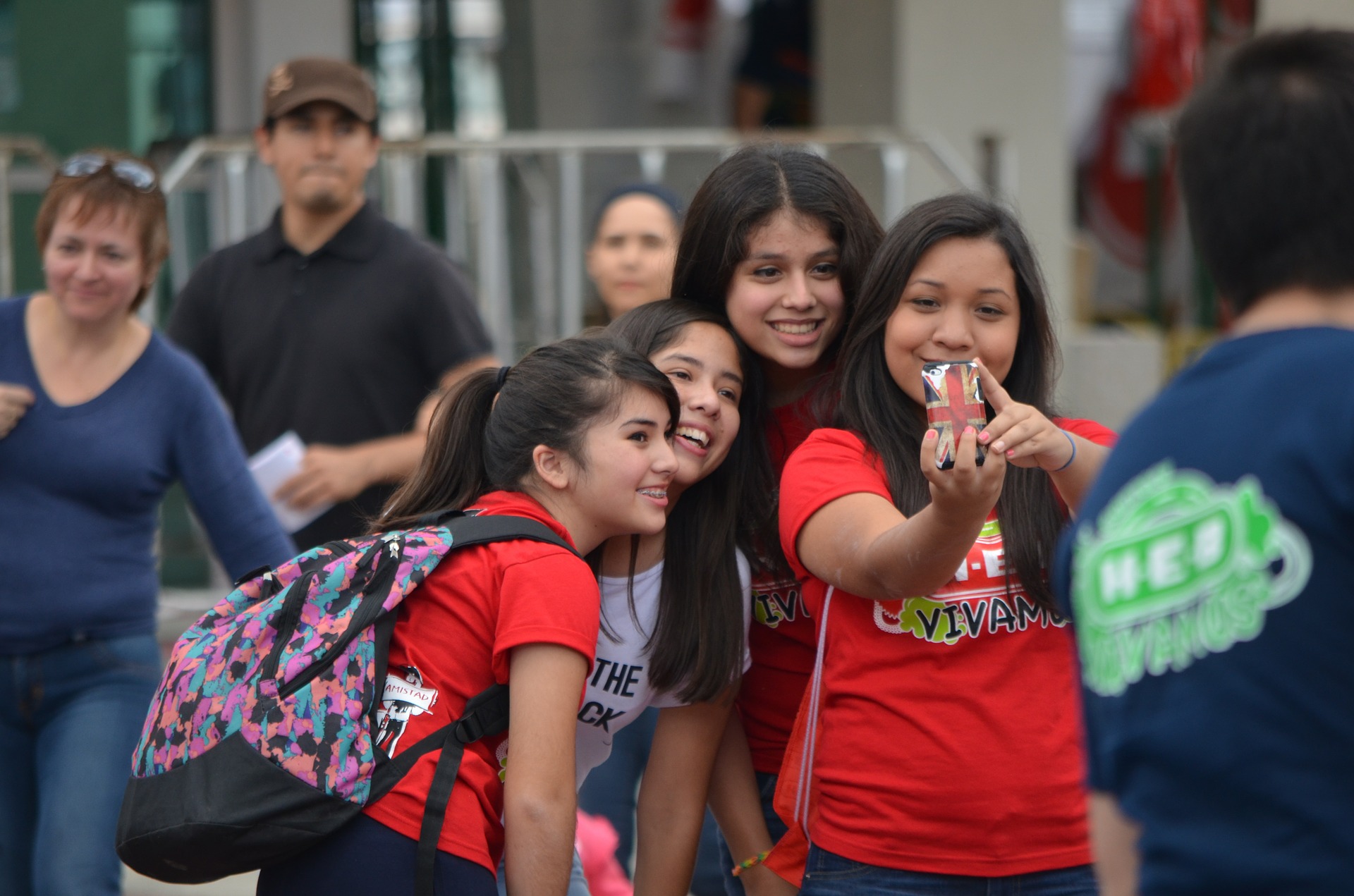I decided to write this post after noticing my tween aged daughter sharing her location on Instagram. My immediate reaction was OMG, she should know better!!!
But should she?! I never spoke with her about it. I thought she was too young.
Well, I was wrong. The second she went online we should have had that talk. But let me back up.
Apparently every photo we take has all the information of where we took it. Yes, those photos with the smiling faces of your angels have location data embedded in them — at least by default. The name for it is Geotagging.
Geotagging, by definition, is a way of embedding location information into photos or posts made through social media sites, providing the exact coordinates of where a photo was snapped or a post was made (within 10 to 15 feet depending on the accuracy of your GPS chip).
Many smartphones come with the geotagging feature set to ‘on’ as the default, and many social media sites will geotag your location with every post if you don’t turn that feature off.
That means anyone who views your picture online can access that information with a few simple clicks and find exactly where is it that your kids ride their bikes, play in the playground, or even go to school.
Furthermore, without even knowing it, your child could be broadcasting their physical location to the virtual world with every photo they share.
I praise Facebook for stripping that information, and it will not show unless you “check in” at a location, and the problem begin at the “check in”.
What’s wrong with that?
I may be the mom who overthink and over protect my kids online, maybe it’s because I live it and I came across too many bad guys working in the field I’m in, I admit it, but this is serious. Bear with me here and I’ll try and explain why…
I am sure you would never broadcast your home address online, or share to the world you are leaving your house for a long period of time. Sharing where your kids are is no different.
You may not think it’s a big deal when your child broadcast to their friends they location, but unfortunately there are predators out there. And you don’t want to make it any easier for them to locate your children, and stalk them.
But I don’t share! Well, you actually do and you don’t even know that.
Let’s assume you share a picture of your daughter on social media. In the photo, she is at home opening a birthday gift. 50 out of your 500 friends like and comment on the photo. This simple action can provide an online predator with information about where she lives, how old she is, name of her parents (you) and what she likes. You have to admit, that’s a lot of valuable information.
In 2002, a 13 year girl named Alicia Kozakiewicz was abducted by an online predator she met on Yahoo chat. With the help of the FBI, she managed to escape, but not before she was taken interstate, assaulted, filmed and held in captivity. After her miraculous rescue, she launched “The Alicia Project” to prevent children from being abducted and to support children who have.
Alicia’s story should be our wake up call.
Predators come in all shapes or forms.
One can create a fake account in order to connect with our children. They will need to know where your kid live and hang out to make sure they have common grounds. To start a conversation and gain their trust.
By posting those photos you just made it easier for them.
Last year, the French police warned parents that photos of their kids shared online could violate privacy laws and attract sexual predators, as they realized it’s a big deal.
What can we do?
You may want to hide this information before sharing sensitive photos online.
Avoid checking into locations where your child hangs frequently (for example home or school).
When friends take photos of your children, kindly remind them to do the same before publishing these photos online. You cannot control their privacy settings and you don’t know who they are friends with.
Last tip, and the most important one, is to talk to your kids. Explain to them about the importance of not sharing their location and not every person they meet online is a friend.
Warm them about talking to people the don’t know online, never agree to meet those people or send them photos.
Let them know, no matter what, if they are not sure what to do to speak with you or a trusted adult.
As I said, I decided to write this post after noticing my teen daughter sharing her location on Instagram. I follow her on all social media channels and constantly speak to here about the types of photos she can share. As I know she wasn’t aware of why she shouldn’t share her location we also together disabled geotagging.
Now she knows but you should know too.
More safety tips by Alicia can be found here.
Be safe!


